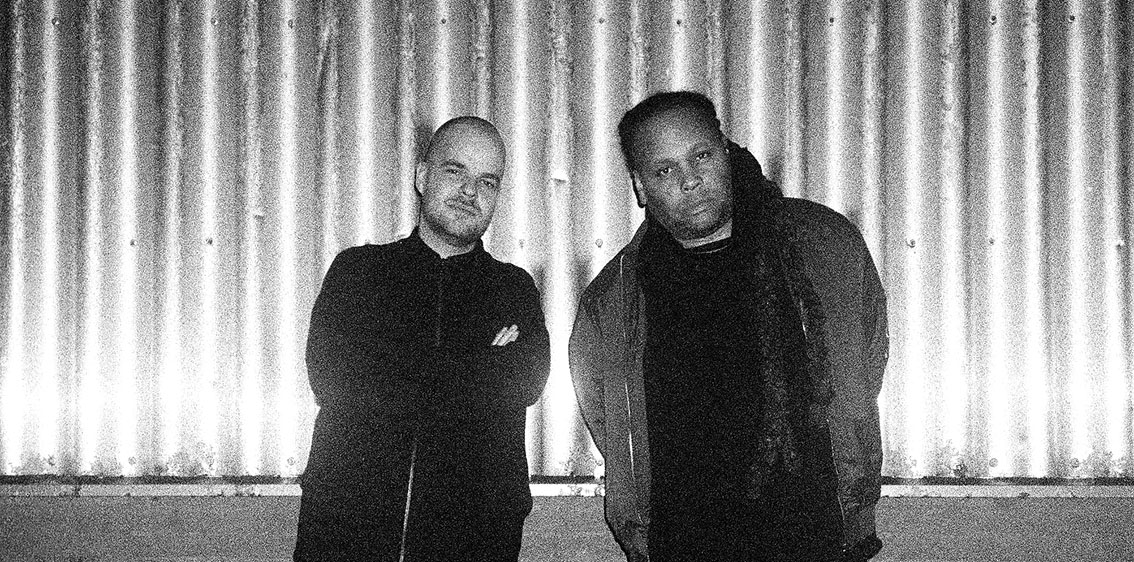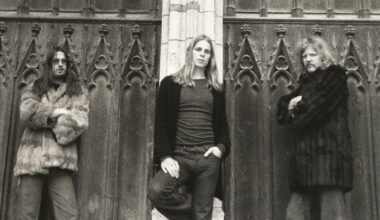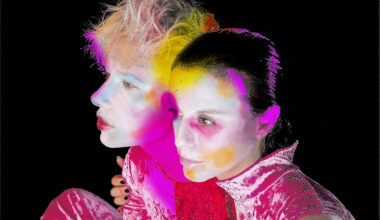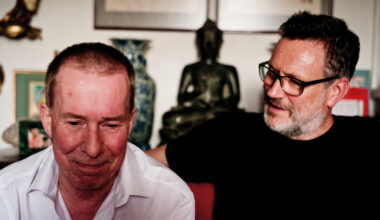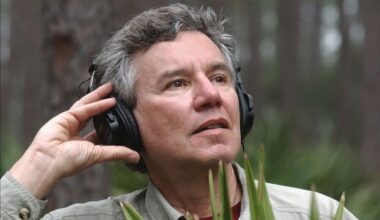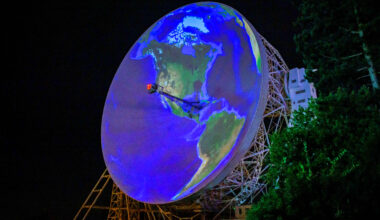As Universal Harmonies & Frequencies, Hieroglyphic Being and Jerzy Maczyn´ski have delivered a soul-enriching electro-jazz record – a celestial fusion of synth, sax and mystical futurism
Want to read more?
Sign up to Electronic Sound Premium to gain access to every post, video, special offers, and more. 100%, all you can eat, no commitment, cancel any time.
Already a premium member? Log in here
